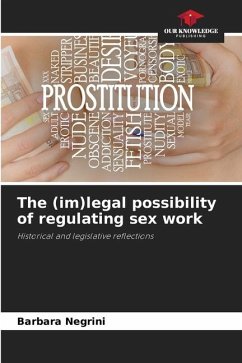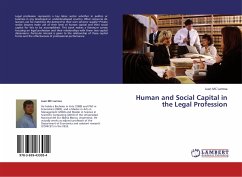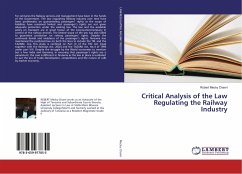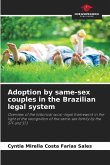The aim of this paper is to demonstrate whether it is legally possible to regulate sex work on the basis of the provisions of the Federal Constitution of 1988 in Article 5, XIII, which deals with professional freedom, in the light of the principle of human dignity and the principle of non-discrimination, considering sex workers as subjects of domestic and international rights. From a theoretical point of view, this study is based mainly on Nucci's contributions on aspects of prostitution and its regulation, Cançado Trindade's reflections on the principle of non-discrimination adopted by international law, Piovesan's considerations with regard to human rights protection systems and the Gabriela Leite Bill, which is currently being processed in Brazil with the aim of regulating sex work. To do this, we will use bibliographical research as our methodology.
Bitte wählen Sie Ihr Anliegen aus.
Rechnungen
Retourenschein anfordern
Bestellstatus
Storno








